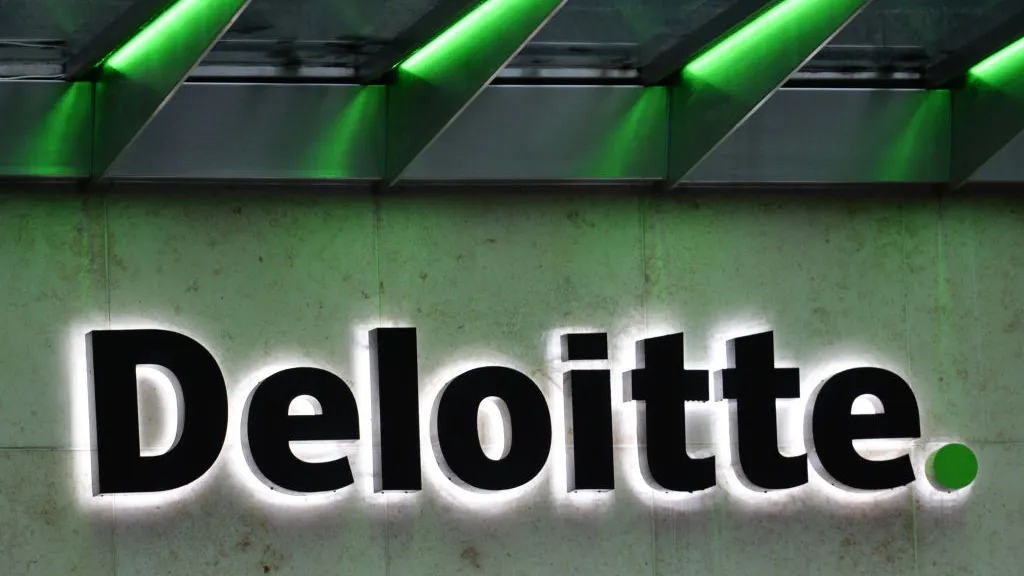One of the world’s largest accounting and consulting firms told employees that unintentional “microaggressions” are considered a punishable offense.
During a mandatory “anti-racism” training, U.S. employees at Deloitte were introduced to the company’s new “anti-racist culture.” Employees were told they are expected to help cultivate the “anti-racist” culture when working with personnel and clients and promote “equity.”
Deloitte defines equity as “the outcome of diversity, inclusion, and anti-oppression wherein all people have fair access, opportunity, resources, and power.” The training claims that “equity” is different from “equality” because “equality” does not take into account the “historical and systemic barriers and privileges” of certain racial groups.
Part of the firm’s “anti-racist” culture requires U.S. offices to investigate violations of “anti-racist” policies. Employees were told that “violations of [Deloitte’s] policies could extend to ‘microaggressions.’”
Consequences for violating policies can range from “verbal counseling” to termination. Other punishments for policy violations include additional mandatory training, letters of reprimand, a negative impact on performance evaluation and/or disciplinary bonuses, or monetary fines.
According to PowerPoint slides obtained by The Daily Wire, the firm claims that “microaggressions” can be unintentional acts. Regardless of intent, employees can still be punished.
“Racial microaggressions are brief and commonplace daily verbal, behavioral, or environmental indignities, intentional or not, that communicate hostile, derogatory, or negative racial slights and insults toward people because of their race,” the training reads. “Perpetrators of microaggressions are often unaware that they engage in such communication when they interact with racial/ethnic minorities.”
The training provided scenarios of unacceptable microaggressions. One example included “asking your Black male colleague to join the flag football or basketball team.” Asking a black colleague to join a sports team was also considered an example of racial bias.
According to the company, employees are also racially biased if they are not in favor of affirmative action programs. If a colleague comments that “a person of color was given a role due to their race rather than having earned their role” — regardless of whether that statement is factually correct — the firm considers it racial bias.
One scenario from the training suggested that giving an Asian colleague a gift card to her favorite Asian restaurant may be considered racial bias.
Your team is trying to determine which restaurant gift card to send Beth (your Asian colleague) for her birthday. Joanne, who is very good friends with Beth and has eaten lunch and dinner with Beth on numerous occasions, suggests that the team send her a gift card from her favorite Japanese restaurant. Is Joanne’s recommendation considered a form of racial bias?
Employees were also told that pushing back against the lived experience of a minority peer is considered “racial gaslighting.” If a minority employee complains about a potentially racially insensitive issue employees are not allowed to use the following phrases:
- “Maybe you misheard them?”
- “Calm down, you’re just being sensitive.”
- “In my opinion, I don’t think they were being racist.”
- “I know ___ very well and they are not like that.”
- “All Lives Matter.”
- “____ people are racist too.”
- “Why is everything always about race with you?”
The “anti-racist” culture training is part and parcel of Deloitte’s broader campaign to “racialize” employees. Employees have been subjected to similar “anti-racist” training and the company has suggested that employees consume controversial resources such as the New York Times’ “1619 Project.” The firm has also sought to intervene in the way its accountants raise their children by providing resources on how to raise “race-conscious” children.
Deloitte’s honchos have also condemned the Jan. 6 Capitol riot by connecting it with racism in company-wide emails. Other company-wide changes include expanded gender identification options and a feature that allows employees to add their preferred pronouns to their email signatures.
Related: Exclusive: How One Of America’s Biggest Employers Is Working To ‘Racialize’ Every Employee

.png)
.png)

